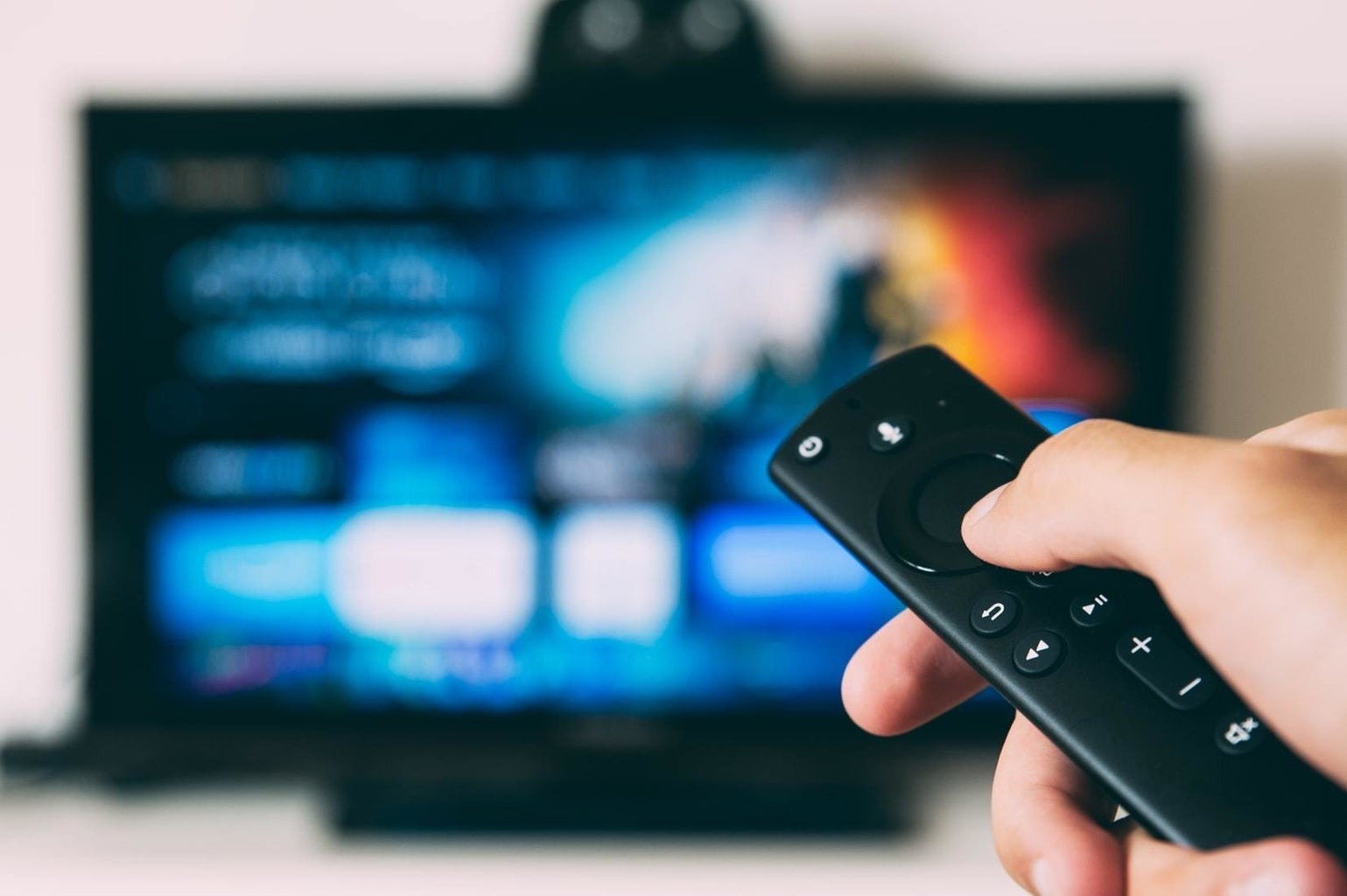Picture this: You are lying in your bed on a Tuesday night, on the verge of falling asleep, until you start to hear…crying? You turn to your right and see me, hyperventilating and sobbing after finishing episode eight of HBO’s The Last of Us. This was my roommate last week.
The 2013 action-adventure survival horror game created by Naughty Dog and Sony Interactive Entertainment, now an adapted television show, has taken over my life for the past two weeks. If you are like me and have never heard of the game, the series is set in a post-apocalyptic United States ravaged by cannibalistic creatures infected by a mutated fungus in the genus Cordyceps. We follow our two main protagonists: Joel Miller, played by Pedro Pascal, is a hardened survivor who takes charge of a 14-year-old girl; Ellie Williams, played by Bella Ramsey, may be humanity’s last hope.
After finishing the show, I immediately started researching possible sequels (that do in fact exist) and finding out any possible missing information from the game that wasn’t translated into the show. While there are some key differences, the main switch from a video game to a television show is phenomenally done. From the cinematography to the story, it had die-hard fans — and people who were oblivious to The Last of Us’ existence — head over heels.
While the show is filled with action and gore, the heart of the story is what made me fall in love. Without spoiling too much, Ellie and Joel’s relationship is something I felt extremely immersed and connected to. The character development of both characters to the extent the show/game provides is something that I have never seen done before in the media.
Their relationship starts off hostile and distant, but quickly develops into a partnership of convenience and necessity that finally leads to love. Similar to the Cordyceps virus, the two infect one another with their personalities until they have penetrated each other’s psyches to the point that their bond is both visible to the audience and obvious to them both.
After the first few episodes, I became extremely emotionally attached to these fictional characters. Yet as the series continued, Joel and Ellie are only faced with more traumatic and scary events, leaving me feeling even more interested in them as not only survivors but as real humans who are emotionally and psychologically affected by this post-apocalyptic world. The Last of Us shows that the monsters coming to eat your brains aren’t actually the real bad guys. Instead, it is the people who are attempting to advance and survive at any cost, regardless of the cost to the lives of others.
One of the central themes of the show was the idea of what it truly means to be alive. If your primary goal in life is to survive, are you really living? The Last of Us not only explores this search for meaning but also introduces us to a protagonist driven by this urge. Even though Joel and Ellie are presumably fighting a losing battle in this dark gritty version of the world, their relationship helps provide a reason for them to “endure and survive” it all. The show has really opened my eyes to how family doesn’t always have to be blood and how far love can truly take a person.
Whether you were considering watching the show or have never even heard of it, I strongly recommend it. With nine episodes, it’s a quick binge-watch that once you start you can’t help but finish. The emotional rollercoaster of The Last of Us has truly changed me and I can’t recommend it to everyone enough.
Can’t get enough of HC UMass Amherst? Be sure to follow us on Instagram, listen to us on Spotify, like us on Facebook, and read our latest Tweets!




